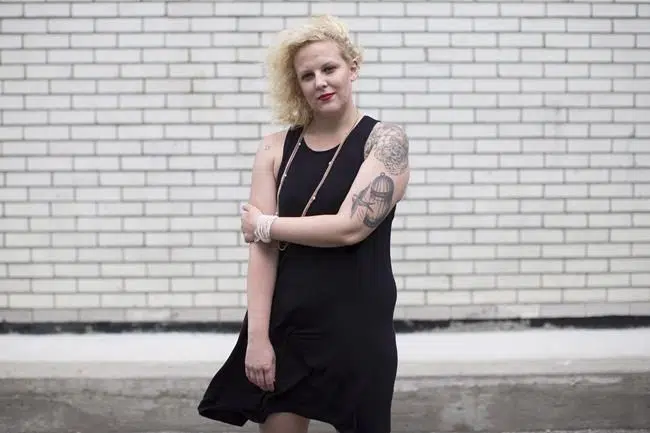
‘Slut or Nut’ details sexual assault case and process of reporting accusations
TORONTO — Mandi Gray admits she’s anxious about being the face of the new Canadian documentary “Slut or Nut: The Diary of a Rape Trial.”
“Even coming here today, it was really nerve-racking,” she said in a recent interview at a press conference for the Hot Docs Canadian International Documentary Festival.
“The media hasn’t been kind to me. I receive a lot of death threats, rape threats regularly. There are a lot of consequences to being someone that speaks publicly about sexual assault.
“But I’m also very supported and my community has been amazing,” she continued.
